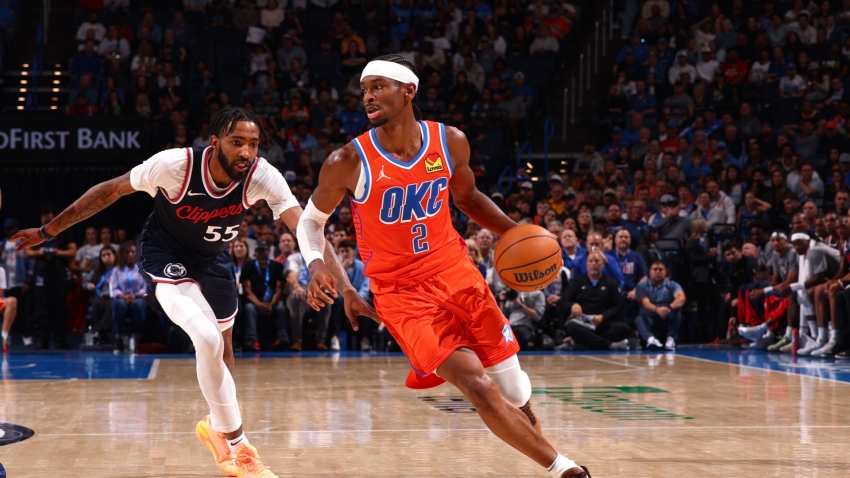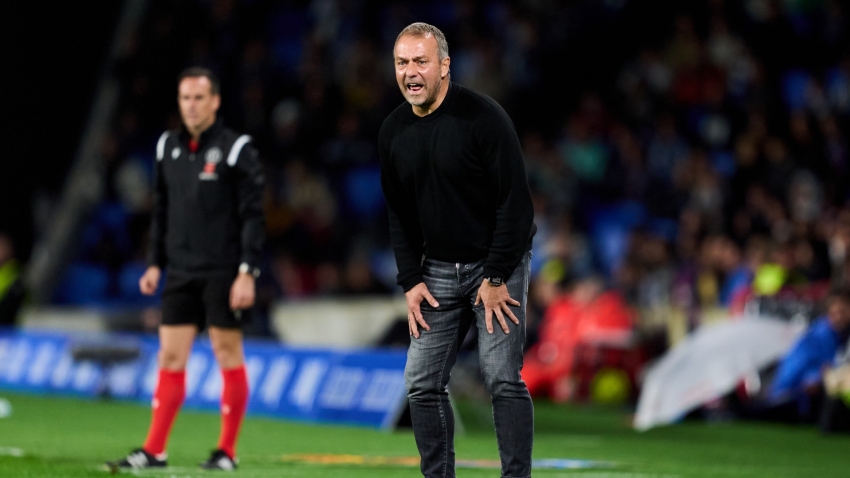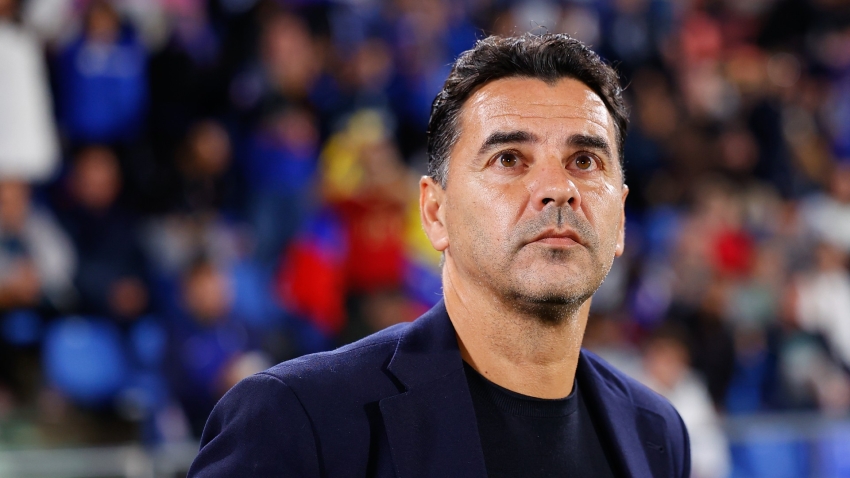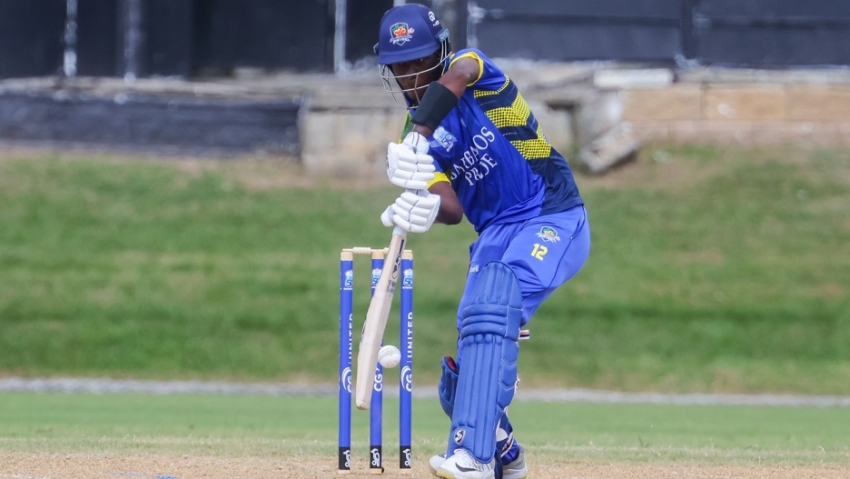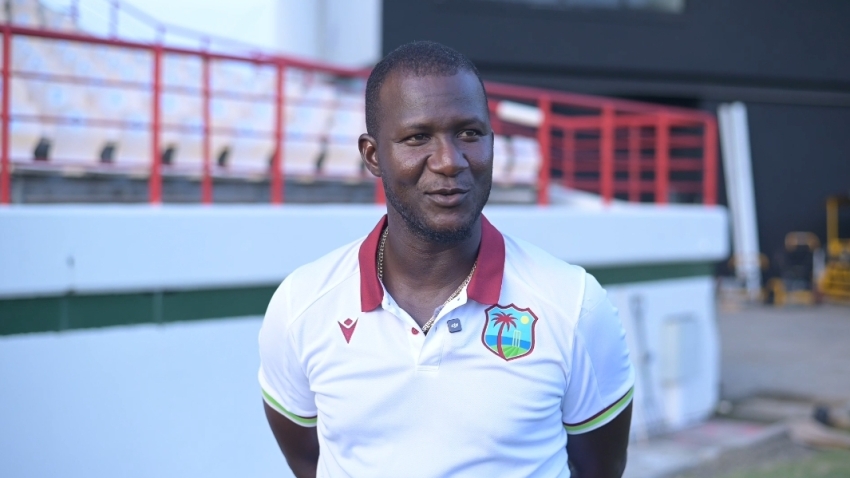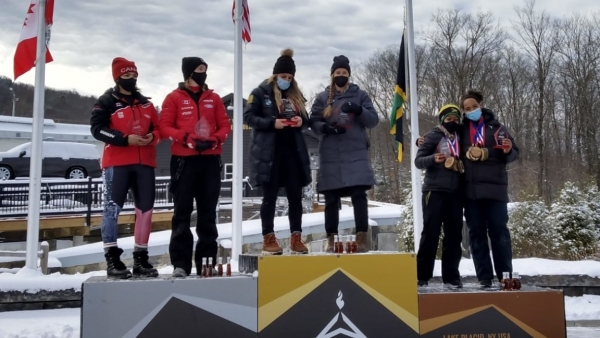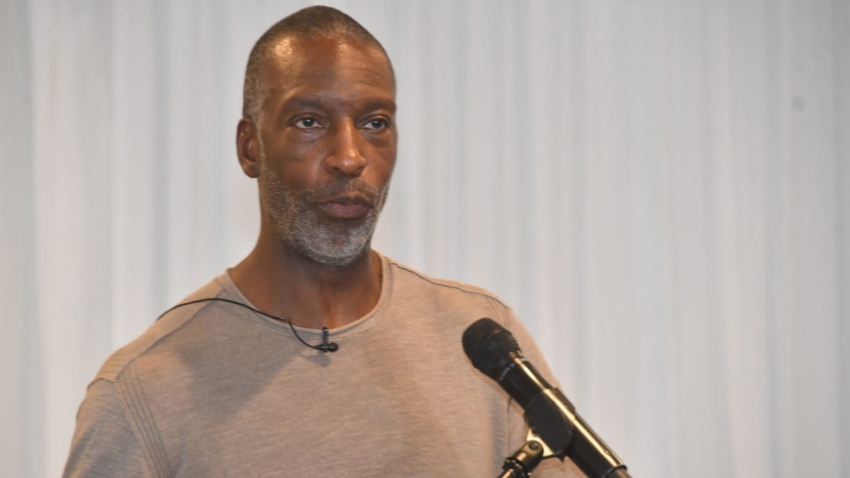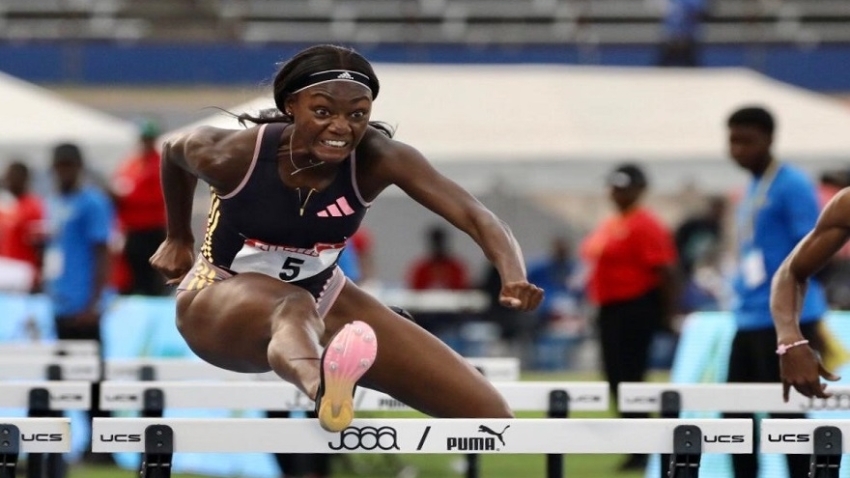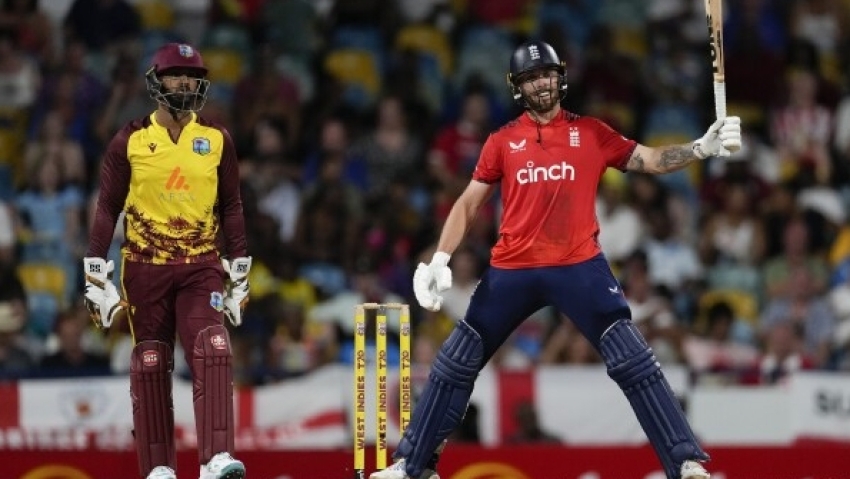Jazmine Fenlator-Victorian has all but officially qualified in the two-woman bobsleigh for next year’s Winter Olympics in China based on the latest International Bobsleigh and Skeleton Federation (IBSF) rankings.
Following the completion of the North American Cup, Fenlator-Victorian has 766 points which rank her third among pilots behind the USA’s Tiffany Reinbolt (876) and Canada’s Alysia Rissling (832). Carrie Russell is seventh with 332 points.
As it stands, Fenlator-Victorian should be announced as a qualifier on January 16, 2022. She does not need to race in Europe to secure her berth in China and signifies an important step forward in Jamaica’s goals of achieving Olympic qualification.
It has also been a period of redemption for the 36-year-old Jamaican-American bobsledder, who had been given a one-year ban for using the banned steroid Clenbuterol ahead of the 2018 Winter Olympics in Korea.
She was provisionally suspended in March 2018 but her ban took effect March 8, 2019, which meant that she had already served her period of ineligibility.
Having faced the possibility of a four-year ban following the positive test on January 13, 2018, less than a month before she competed at the Pyeongchang Winter Games, the IBSF accepted her explanation that the positive test was caused by a contaminated nutritional supplement.
The IBSF concluded that the athlete had committed an anti-doping rule violation but established no significant fault, given that the detected prohibited substance came from a contaminated supplement.
“Above all else, I am impressed with the character of Jazmine. She has had a challenging time since 2018 but has continued to prove herself to be a leader and a performer, a cohesive and inspiring force on our team,” Jamaica Bobsleigh and Skeleton Federation President Nelson Christian Stokes told Sportsmax.TV Monday.
“Her brakewoman, (Audra) Segree, has been having the best season of her life in terms of her push times and results. I am happy to see the fruits of their labour thus far.”
Segree, though cautious, said she was elated to be part of Jamaican bobsleigh history, qualifying for her second Olympics. She said she has her fingers crossed awaiting the official word from the IBSF in January.
“I feel good. We made history. I am elated I am beyond blessed I am beyond grateful how the season has been going,” she said.
“We finished third overall in the NAC in the woman bobsled, the highest-ranking for Jamaican females so far.”
In their final races, Jamaica’s two-woman bobsled team finished outside the podium places but Segree said it was their consistency during the season that made the difference.
“Even though our last three races were fifth, fourth and fourth, we pulled every trick out of the bag seeing we have been on the circuit for so long. We were tired and overwhelmed by the circumstances but we managed to stick to our game plan and we were consistent in all races. We are proud of our results but the fact that we were consistent gave us third place overall.”




